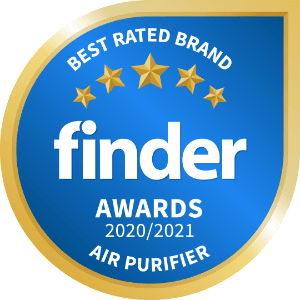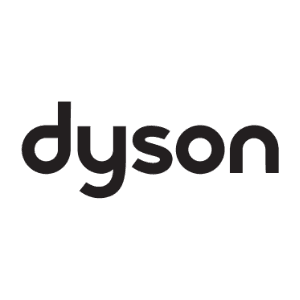Room size
If the purifier is too large for your room, your energy bill will be unnecessarily high. If it's too small, it will be ineffective. Look for one that matches the footprint of the rooms you want to use it in. If you have a large, open space, you might need to get multiple purifiers and place them on opposite ends of the space.



